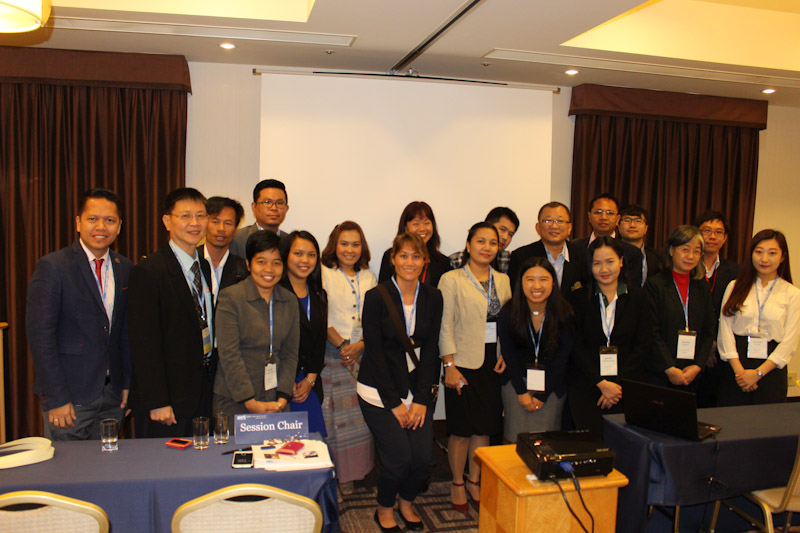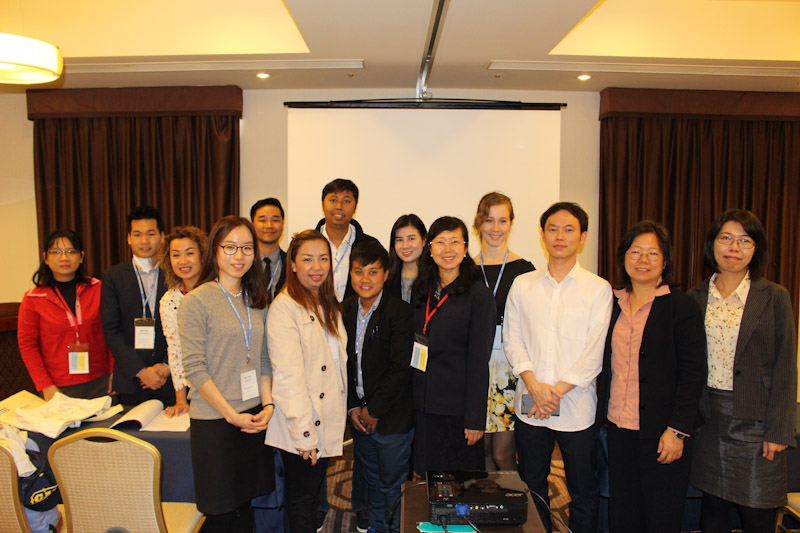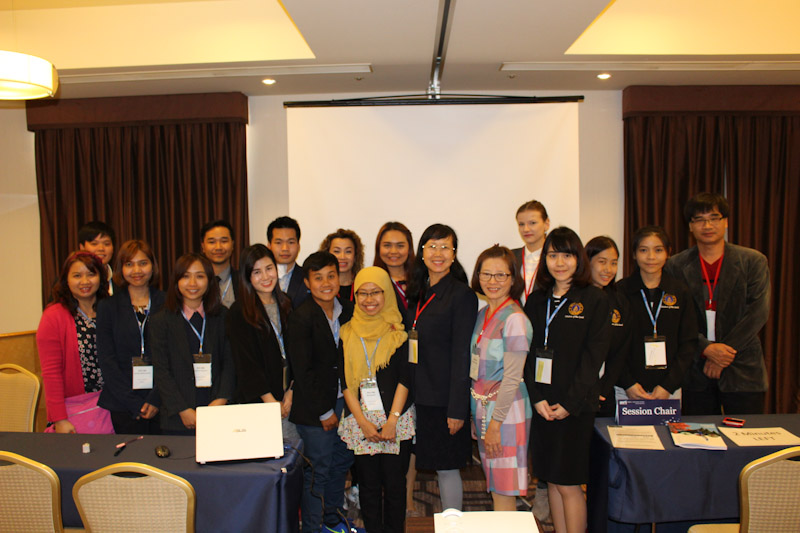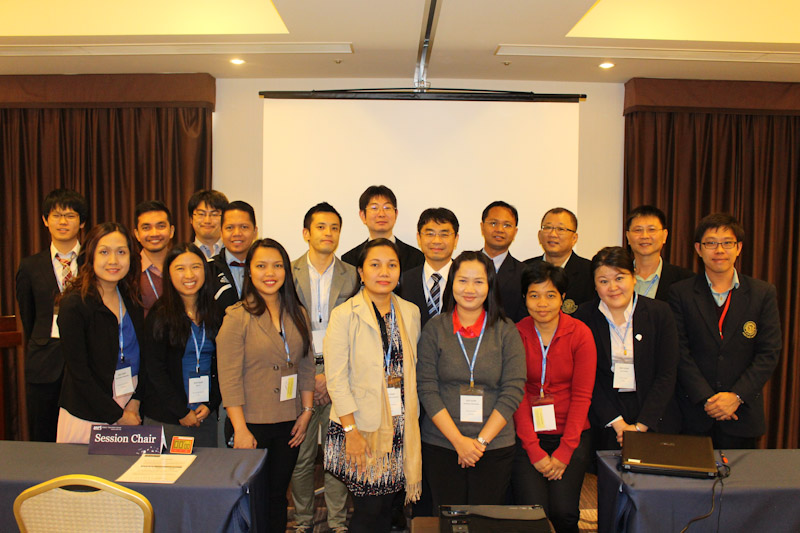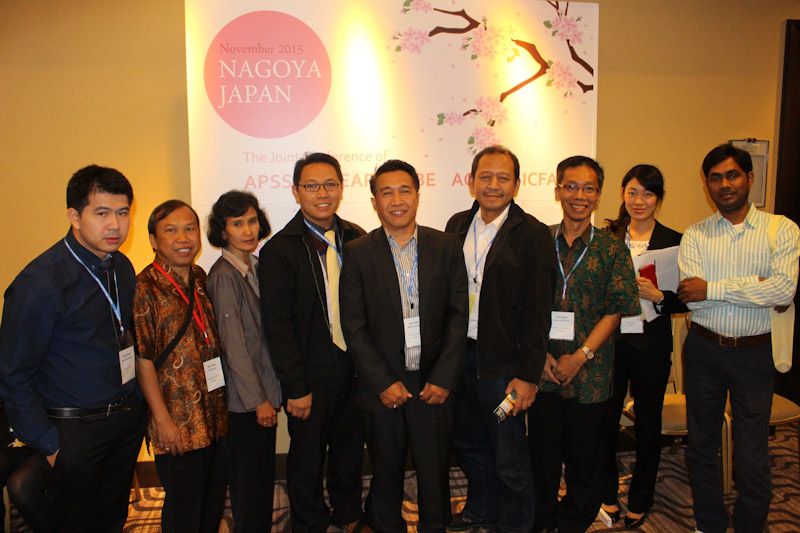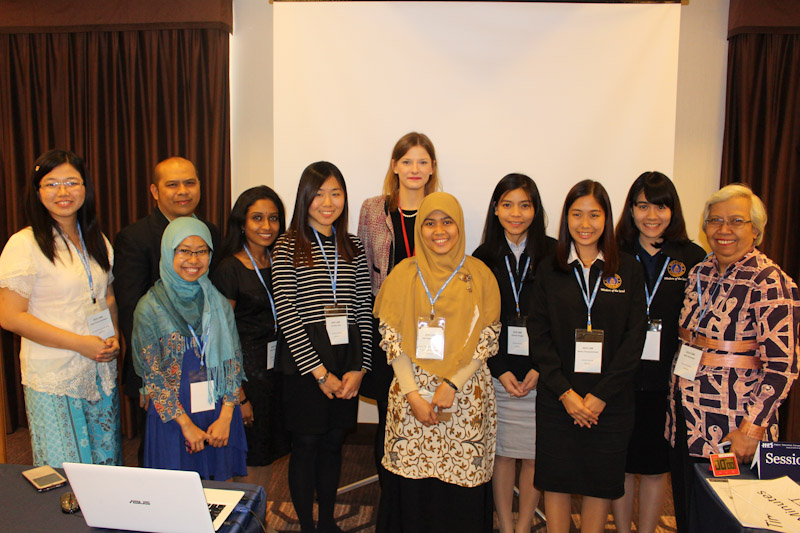2015 ICEAP
International Conference on Education and Psychology
November 04-06, 2015 @ ANA CROWNE PLAZA Hotel Grand Court Nagoya
Nagoya, Japan
Keynote Speach
Dr Raymond Siu Yeung Chan
Head and Associate Professor, Department of Accountancy & Law
Acting Director, MBA & MScBM programmes
School of Business
Hong Kong Baptist University
Hong Kong
Topic: Women Directors: Should a Minimum Be Set for All Corporations?
It has been well recognized that poor female representation on corporate boards of directors is a global phenomenon. This under-representation of women directors in corporate boards has caused concerns in ethical issues with respect to equality and discrimination in employment. The importance of improving the gender balance of corporate boards is increasingly recognized around the world and their boardrooms are under increasing pressure to open up to women in recent two decades. Globally, many government and stock exchanges are promoting gender diversity in corporate boards mainly through three approaches. The first is through legislation of a quota law. For example, Norway is the first nation to pass its quota law in 2003, mandating at least 40% of corporate directors being women by 2008. The second approach is through regulation (including introducing “comply or explain” provisions in their corporate governance codes). Countries and jurisdictions such as the United Kingdom (UK), Australia, Singapore and Hong Kong are following this approach. The last one is
to suggest a target quota of women directors for corporations themselves to voluntarily commit. Before implementing a provision on gender diversity in corporate boardrooms, the UK government adopted this approach.
Arguments abound for promoting gender diversity in boardrooms. The most obvious 23 one is better utilization of the available talent pool composed of both sexes. Gender diversity can also prevent group-thinking by approaching problems in different ways, bring different concerns and questions to the table, and consider a wider range of options and solutions to corporate issues. Another argument is the good attendance records of women directors whose appointments will also reduce attendance problems of their male counterparts. Women directors are considered to have better
understanding of customers, suppliers and the workforce, especially when these stakeholders are mainly females. As women directors emphasize more ethics and corporate social responsibility and are relatively risk-averse, institutional investors would prefer investing in companies with women directors. There are also arguments against gender diversity in the boardrooms. As more women directors join the boards, the communication costs within the boards may increase due to their members become less homogeneous. The simple existence of
heterogeneous groups in the boardrooms may bear the potential for emotion, non-productive conflicts in opinions. Research also indicates that too much board monitoring could have adverse effects on shareholder value, particularly for those companies with good corporate governance. Yet research studies on the relationship between gender diversity in boardrooms and corporate performance are still mixed
and inconclusive. This speech will discuss the reasons for these mixed findings, and suggest the best approach to promote gender diversity in corporate boardrooms for those jurisdictions which have not implemented measures to improve the women director ratios in their corporations. These discussions will help regulators and governments to implement policy on women directors suitable to the culture,
economic situations and legal regimes of their countries.
Brief Introduction of Lecturer
Dr. Raymond Siu Yeung Chan is the Head and an Associate Professor of the Department of Accountancy and Law, and the Acting Director of the Master of Business Administration and the Master of Science in Business Management programmes, at the School of Business of Hong Kong Baptist University. He is currently supervising several PhD and Doctor of Business Administration students. Educated in Hong Kong and the United States of America (US), Dr. Chan received his 24 Bachelor of Business Administration (with Honours) degree with major in Accounting, Master of Business Administration with concentration in Finance, Master of Science in Information Systems, Master of Science in Applied Mathematics, Master of Laws in China Business Laws, and Doctor of Philosophy in Accounting. He also completed the Executive Education Programme in Corporate Governance series offered by the Harvard Business School. Dr. Chan possesses four professional qualifications: a fellow member of the Association of Chartered Certified Accountants in the United Kingdom, Certified Public Accountant and Registered Financial Planner in Hong Kong, and Certified Computing Professional of the Institute of Certified Computing Professionals in the US. Before taking up academic posts, Dr. Chan was a Chief Financial Officer of the manufacturing arm of a company listed in Singapore. He also had extensive experience in Hong Kong listed groups in the banking, general insurance, trading, and information technology industries. Some years ago, Dr. Chan was appointed as an Independent Non-executive Director (iNED) and the Audit Committee Chairman at a listed company in Hong Kong, overseeing the accounting, auditing and finance functions of the company. He is a founding Vice President and the Chairman of the Professional Education and Training Committee of the Hong Kong iNED Association, devoting himself to the professional development of the iNEDs of listed companies in the Greater China (including Hong Kong, Mainland China and Taiwan) and enhancing the corporate governance standards of these companies.
Dr. Chan was trained as a management consultant in the management consultant department at one of the largest professional accounting firms in the world. He was a Small- and Medium-sized Enterprise consultant of Hong Kong Trade Development Council. In recent years, he has done consultancy works for different types of organizations in Hong Kong, including the Inland Revenue Department of the Hong Kong Government, the Securities and Futures Commission, the Independent Financial Advisors Association, the Hong Kong Registered Financial Planners Association, Dun and Bradstreet, the Hong Kong Chamber of Listed Companies, and etc. He also served as a member of the Companies Ordinance Reforms Advisory Groups, assisting the Hong Kong Government in redrafting the Companies Ordinance of Hong Kong.
Dr. Chan has published articles in internationally respected peer-reviewed journals in 25 a variety of disciplines, including accounting, finance, corporate governance, business, information science, social science, and laws. He has also published some book chapters in accounting and has a co-authored book in competition law and another book in corporate governance forthcoming. He is currently the Editor-in-Chief of the GSTF Journal of Business Review.


